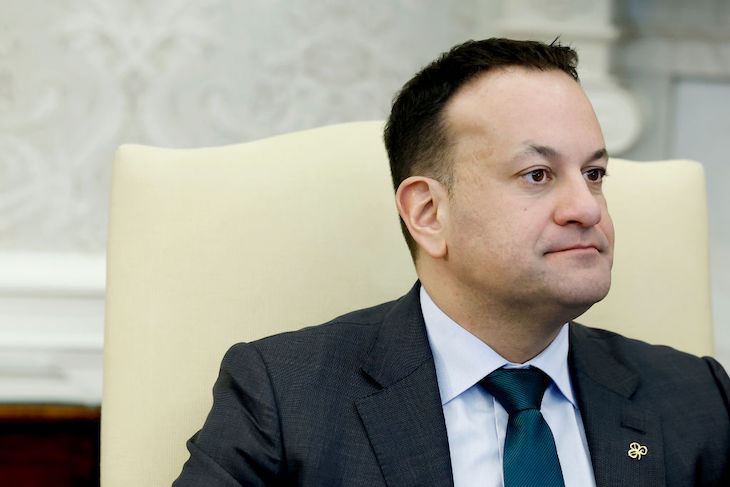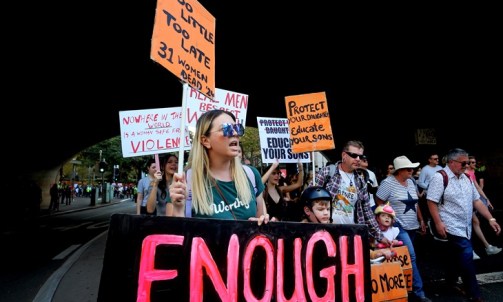So farewell, then, Leo Varadkar. The Taoiseach says he is stepping down because he is no longer ‘the best person for that job’. But the reality is that Varadkar found out the hard way that delegating decisions to voters can come back to bite.
This wasn’t the first time Ireland’s leaders have chosen to hand difficult decisions to voters
Varadkar’s fate was sealed earlier this month when his government suffered a crushing defeat in two referendums.
Already a subscriber? Log in
Subscribe for just $2 a week
Try a month of The Spectator Australia absolutely free and without commitment. Not only that but – if you choose to continue – you’ll pay just $2 a week for your first year.
- Unlimited access to spectator.com.au and app
- The weekly edition on the Spectator Australia app
- Spectator podcasts and newsletters
- Full access to spectator.co.uk
Or




















Comments
Don't miss out
Join the conversation with other Spectator Australia readers. Subscribe to leave a comment.
SUBSCRIBEAlready a subscriber? Log in